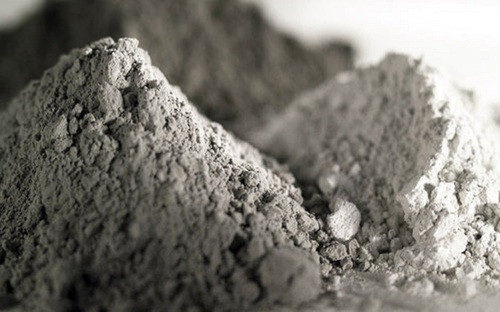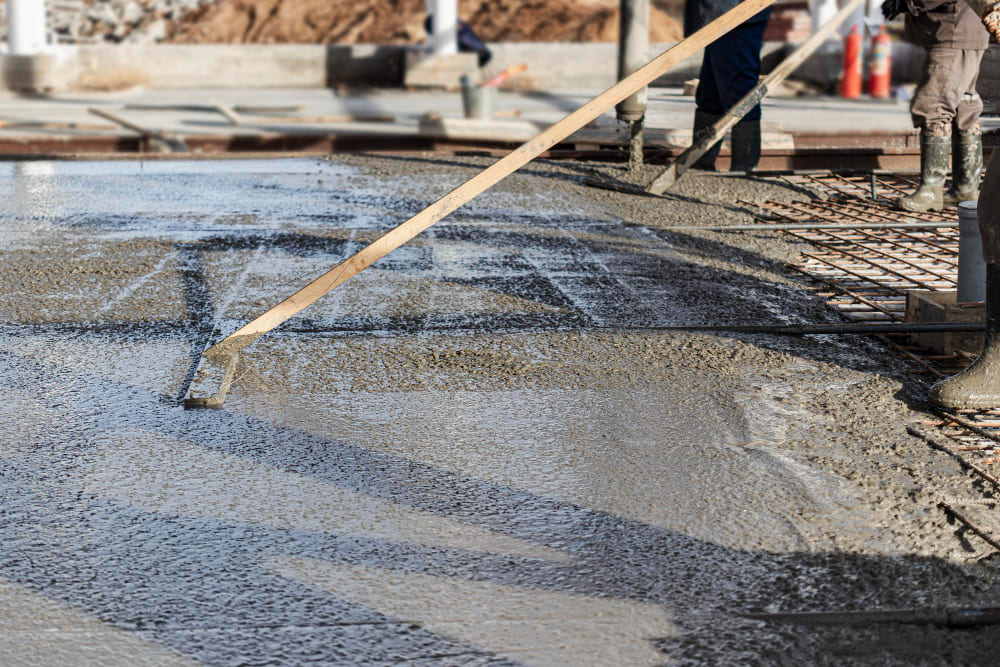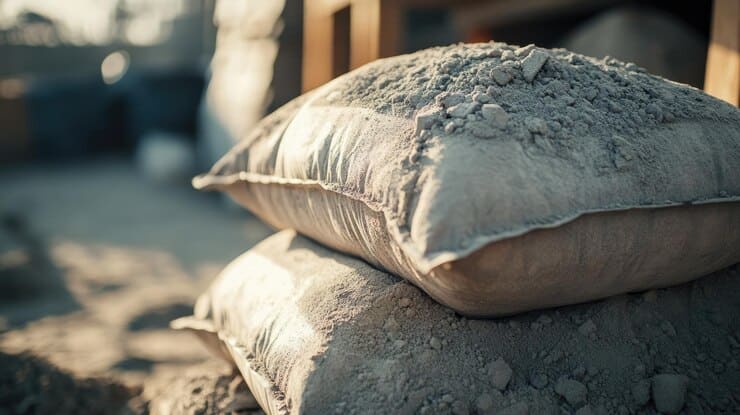
Home is your identity. Build it with UDAYA EXPORTS, India’s trusted cement supplier.
Ordinary Portland Cement (OPC) is the most commonly used cement for a wide range of applications, including:
UDAYA EXPORTS OPC Cement is used in producing:
UDAYA EXPORTS OPC Cement is classified into four grades based on 28-day cube compressive strength:
OPC 33
OPC 53
Used in high-grade, high-performance structural applications:
OPC 53-S
Special grade designed for prestressed concrete railway sleepers only
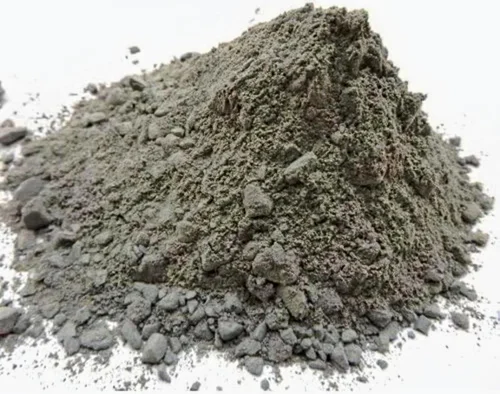
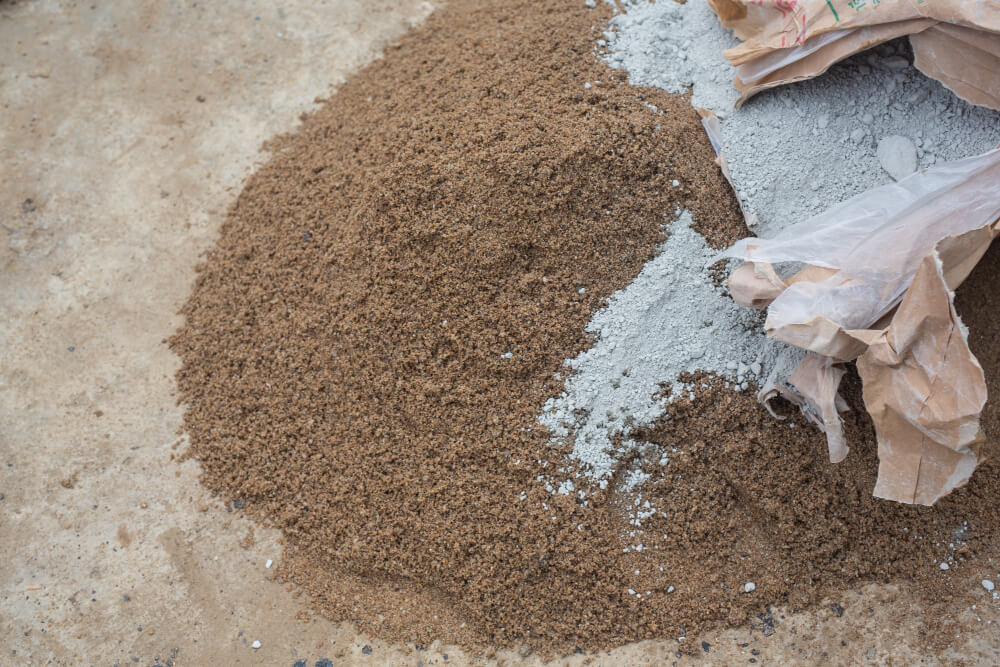
| Feature | OPC 43 | OPC 53 |
| 28-day Strength | 430 kg/cm² | 530 kg/cm² |
| Common Use | General-purpose cement | High-speed constructions, bridges, multistory buildings |
| Setting Time | Moderate | Quick |
| Hydration Heat | Low | High (requires adequate curing) |
| Cost | Lower | Slightly higher |
Key Notes:
